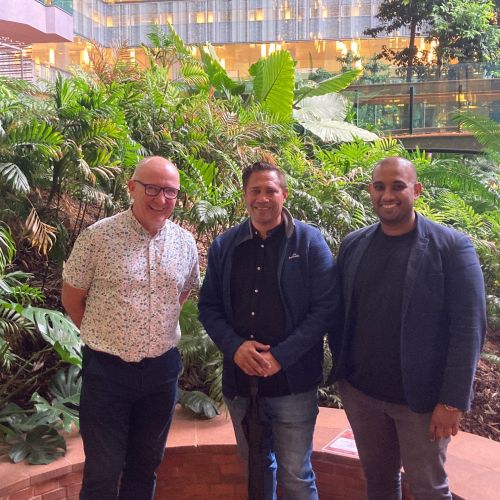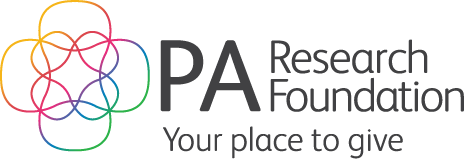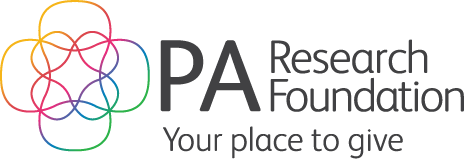
People with the most common form of lung cancer could receive more effective, individualised treatment after Foundation supported researcher Arutha Kulasinghe developed a way to predict how cancer cells will respond to different therapies.
Associate Professor Kulasinghe in collaboration with researchers at Yale University, studied the tumours of 234 patients with non-small cell lung cancer (NSCLC) across three cohorts in Australia, the United States and Europe.
Arutha’s work in the field of spatial biology has received Foundation funding for several years, including as recently as this year and he is using that funding to explore the use of spatial biology in multiple types of cancers. Funding announced in 2024 has allowed Arutha to hire a data scientist to use AI to compile and translate the gargantuan amounts of data his work in the field produces.
His recent breakthrough in Lung Cancer, which has been published top scientific journal Nature Genetics, is an exciting sign of real progress towards saving countless lives through precision medicine approaches in the future. It also holds much promise as a huge leap forward in not only saving the health system money, but patients from undergoing treatments that will ultimately be ineffective.
“Using AI and spatial biology, we mapped NSCLC, cell by cell, to understand and predict its response to drug treatment.” A/Prof Kulasinghe said.
“This ‘Google maps’ approach can pinpoint areas within tumours that are both responsive and resistant to therapies, which will be a gamechanger for lung cancer treatment.
“Rather than having to use a trial-and-error approach, oncologists will now know which treatments are most likely to work with new precision medicine tools.”
Lung cancer is the leading cause of cancer death in the world, with an estimated 1.8 million deaths annually, non-small cell lung cancer makes up 85 per cent of all cases.
Immunotherapy treatments cost between $400,000 and $500,000 per patient per year and are effective in only 20-30 per cent of patients.
“These therapies also carry significant risks for patients receiving them, including severe immune-related toxicity that can be fatal,” Dr Kulasinghe said.
“These challenges highlight the critical need to classify patients according to their likelihood to benefit from treatment.
“By integrating data on the molecular geography of cancer and machine learning techniques, we can improve treatment decision-making and improve patient outcomes for lung cancer patients.
“This same approach can also be used to inform treatments for other malignancies where immunotherapies are used, for example melanoma, head and neck, and bladder cancer.’’
The study was carried out thanks to Foundation donors and in collaboration with Yale School of Medicine, WEHI and supported by NIH Yale SPORE in Lung Cancer, Cure Cancer, and Wesley Research Institute.
A/Prof Kulasinghe is part of the University of Queensland’s Frazer Institute which is based at the Translational Research Institute (TRI) on the PA Hospital Campus.





